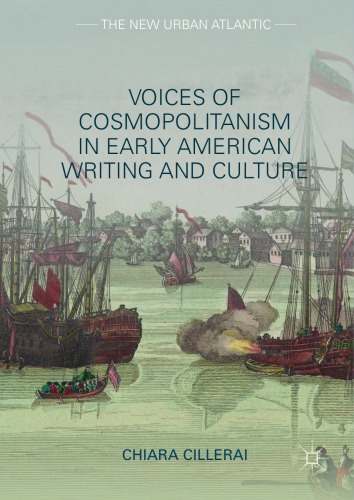

Most ebook files are in PDF format, so you can easily read them using various software such as Foxit Reader or directly on the Google Chrome browser.
Some ebook files are released by publishers in other formats such as .awz, .mobi, .epub, .fb2, etc. You may need to install specific software to read these formats on mobile/PC, such as Calibre.
Please read the tutorial at this link: https://ebookbell.com/faq
We offer FREE conversion to the popular formats you request; however, this may take some time. Therefore, right after payment, please email us, and we will try to provide the service as quickly as possible.
For some exceptional file formats or broken links (if any), please refrain from opening any disputes. Instead, email us first, and we will try to assist within a maximum of 6 hours.
EbookBell Team

4.0
86 reviewsThis book argues that cosmopolitanism was a feature of early American discourses of nation formation and eighteenth-century colonialism. With the analysis of writings by Thomas Jefferson, Benjamin Franklin, Elizabeth Graeme Fergusson, Philip Mazzei, and Olaudah Equiano, the book reassesses the terms in which we understand cosmopolitanism, its relationship with local and transatlantic environments, and the way these representative writers from different segments of colonial society identified themselves and America within the transatlantic context. The book shows that the transnational and universalist appeal of the cosmopolitan not only accompanies empire building and defines a narrative that aligns the cosmopolitan perspective of global understanding and cooperation with western political ideology. The language of the cosmopolitan also forms the basis of a rhetoric that resists imperial expansion and allows writers in a variety of cultural, social, and political margins to find a voice to identify themselves, America, and the transatlantic world they imagine.